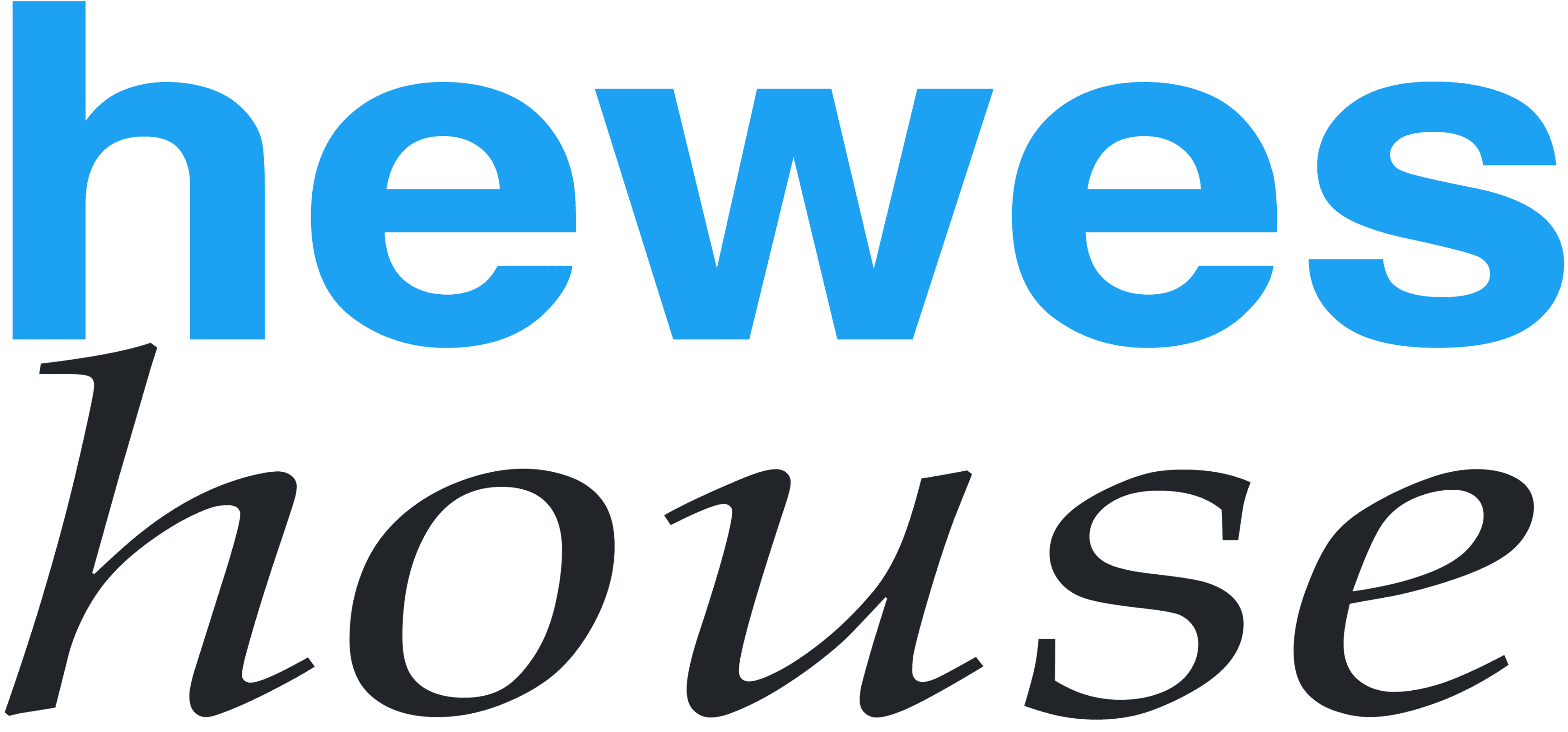Writing Through Life's Fog: Maintain Your Writing Habits
Sep 15, 2025
When Your Brain Turns to Creative Mush
Writing can feel impossibly hard when life piles on major changes. I recently shared my frustration about dropping from a steady 500 words per day to struggling with even 250. Add dog ownership and a baby on the way, and suddenly writing habits slowed to what felt like a crawl.
The internet’s predictable advice was quick: give yourself a break, prioritize family, and return to writing accountability later. While compassionate, this doesn’t always resonate with writers who’ve maintained a practice through job changes, moves, relationships, and family crises since their teens. They know what it feels like to push through when words resist.
Here’s the truth: brain fog and sluggish periods are a natural part of the writing process. If you’re working on a long project, expect multiple foggy stretches along the way. Instead of obsessing over a perfect chapter one, sometimes the best move is to make the changes you can, accept where the draft stands, and keep moving forward.
The Self-Care Permission Trap
Today’s writing culture often emphasizes self-permission:
“This is going to be hard. If you don’t do it, that’s okay. Rest if you need to—self-care matters most.”
This advice is valuable and something developmental editors and memoir coaches often repeat to clients. But when it’s your own project, the inner voice can argue back: Maybe you should just toughen up and write anyway.
This tension between self-compassion and productive discipline is a real and common struggle. The trick isn’t choosing one or the other, but learning when to ease up and when to power through. Think of those mornings when you had no ideas, yet still dragged yourself to a café and cranked out 500 words. More often than not, you walk away proud, realizing discipline gave you exactly what you needed that day.
Building Your Power-Through System
This is where habit becomes essential. Habit works differently than self-care, and story structure coaching highlights this distinction.
Some writers reduce decision fatigue by setting parameters around their practice. One successful author doesn’t write daily because his teaching schedule won’t allow it. Instead, when he has open time—say, during summer break—he sets measurable goals. By calculating words-per-day against available weeks, he ensures a full 60,000-word draft by season’s end.
This planning makes each writing session purposeful. You already know what you’re tackling, so momentum carries you forward.
Productivity doesn’t require punishing yourself. There’s a middle ground between forcing lifeless pages and indulging in endless “self-care breaks.” Book coaches emphasize that rest and recalibration fuel your best insights—but deep revelations won’t come in hour twelve at your desk. Balance is the goal.
Why Life’s Beautiful Mess Feeds Your Writing
Life’s complications, such as babies, pets, chores, and relationships, can slow your writing, but they’re also your richest source material. If all you ever did was write, you’d soon find you had nothing meaningful to say. Many writers discover that long stretches of uninterrupted time aren’t as productive or satisfying as they imagine.
When brain fog makes revision feel imprecise, or when you find yourself distracted by errands instead of Muriel Spark on the nightstand, that’s not failure—it’s life. Accept that your manuscript exists in its current state. Make the planned adjustments, then move on to the next chapter.
Momentum matters more than mastery. Some days your job is simply to show up, even when writing isn’t thrilling or inspired. Because here’s the secret: the complications aren’t your enemy. They’re your source material. Your task is to write alongside them, not wait for them to vanish—because they won’t. They’ll only transform into new ones.
Moving Forward
Sometimes the most valuable part of the process is proving to yourself that you can keep writing even when it isn’t easy. Maintaining writing habits through life transitions isn’t about ignoring brain fog or rejecting self-care—it’s about building systems that let you keep going anyway.
At Hewes House, we specialize in developmental editing and coaching that supports both your craft and your human experience. Whether you need memoir coaching or strategies to sustain your writing practice through life’s transitions, we’re here to help.
Ready to write?
Submit a message and we'll arrange a conversation with one of our founders—a chance to talk through what you're hoping to accomplish. From there, we'll connect you with the coach who's right for your project.


Josh Boardman, Founder
Ben Griffin, Founder

